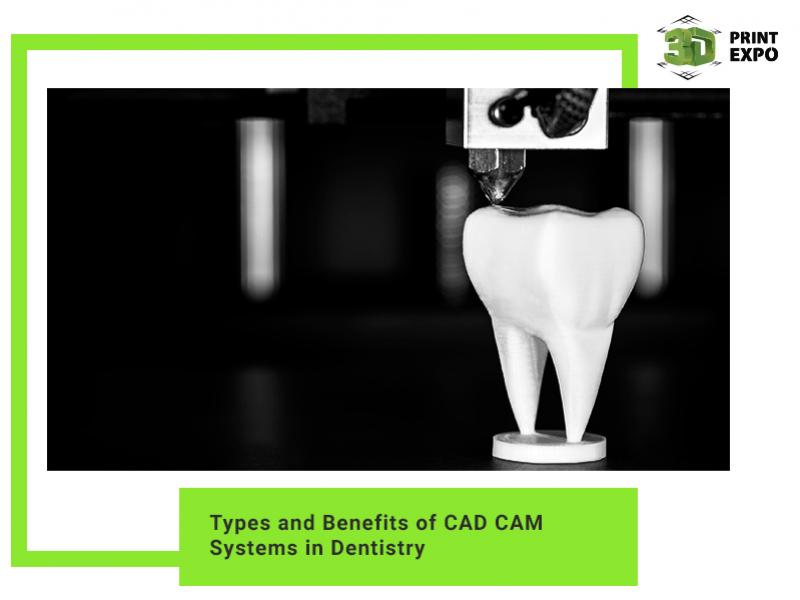About A Boy: 3D Printed Heart Model Saves Young Life

A 14 month-old boy is found with heart defects. The Kosair Children’s Hospital in Louisville Kentucky knows that he needs surgery, but with multiple defects, it would be difficult to see precisely what was wrong until you were in the operation itself. The successful Feb. 10 surgery at Kosair marked what hospital officials say was the first use of 3-D printing for a pediatric heart patient in Kentucky.
Surgeon Erle Austin believed that scanning the heart to create a 3D model could help them study the heart’s defects and save the boy. Dr. Austin called the University of Louisville engineering school and they offered a MakerBot 3D Printer to create a replica model of the boy’s heart based on 2D CT scans. More information about the University of Louisville Physicians can be accessed from their website. And you can get more on the Cardiothoracic surgery practice here.
According to the Courier-Journal, journalist Chris Kenning weaves the whole story of how the surgeon reached out to Tim Gornet, manager of the University’s Rapid Prototyping Center at the Speed School of Engineering.
“If a picture is worth 1,000 words, then a model is worth 1,000 pictures,” said Gornet, whose center had already done models of spinal defects and tumors.
Using data from thousands of cross-sections of hospital X-rays, Gornet chose a flexible polymer known as ‘Ninja Flex’ to create a 3-D model. In about 20 hours on a $2,500 printer, he created a replica of the heart at a cost of about $600.”
The world of bioprinting is rapidly changing how we think about healthcare and healing. In this young boy’s case, his heart was modeled with 3D software, and that helped surgeons see the problems and create solutions before the critical moments of surgery. Stanford researchers have been reporting progress on modeling the heart and other organs.
Scientists and doctors are teaming up all around the world to print organs, layer by layer, with 3D printing technologies. From 3d printed livers at San Diego-based bio-printing company Organovo to 3d printing skin cells at Wake Forest University, all from your own cells.
The story of this 14 month-old baby is inspiring and amazing, if you pause to think about it. By thinking about other options, surgeon Erle Austin found a way, via a savvy engineering team with a MakerBot 3d printer, to save the child before he started the critical surgery.







